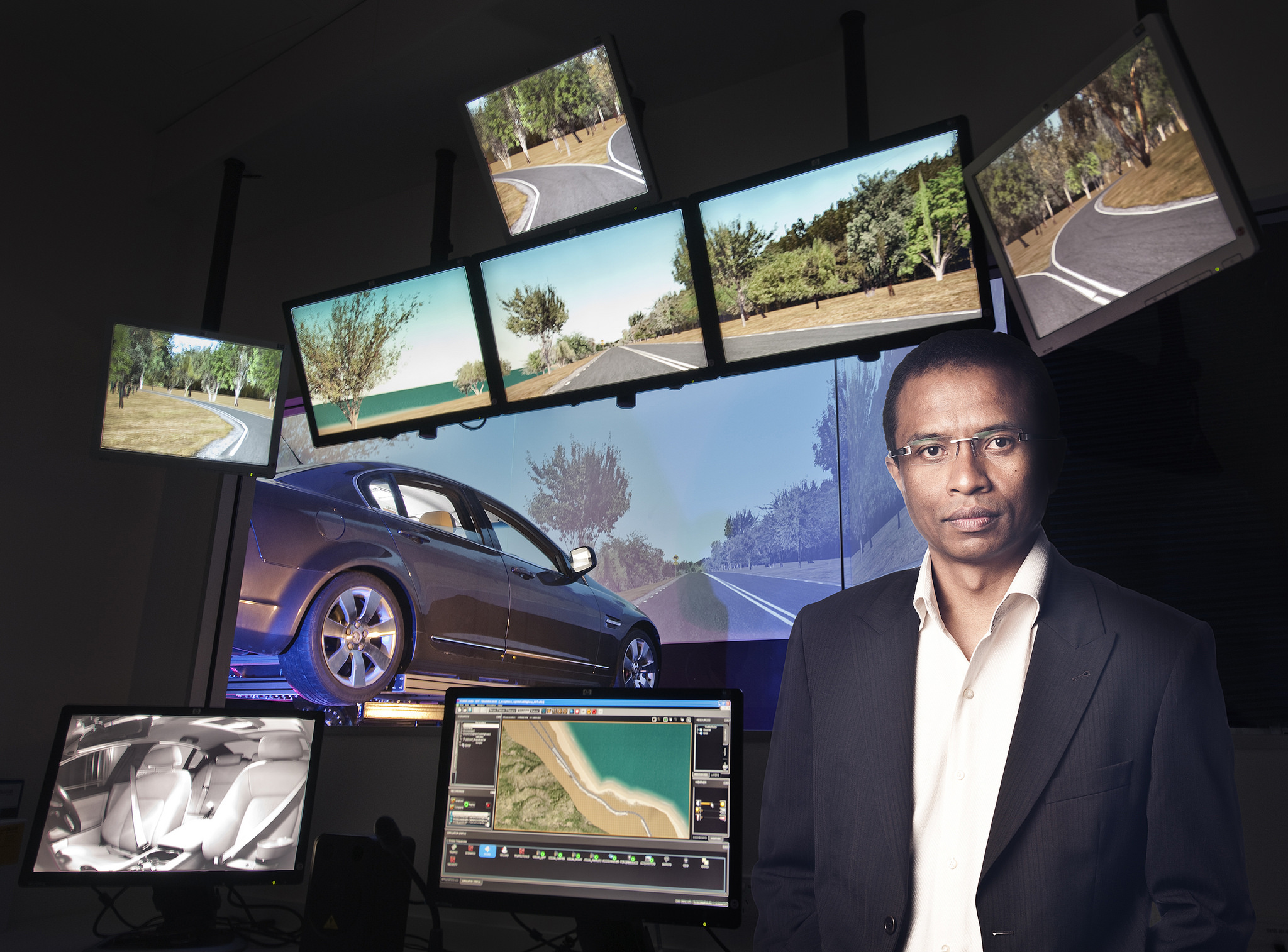Queensland will soon welcome its first purpose-built automated vehicle, following the signing of an international agreement that will ensure the state is prepared for the future.
Delivering the keynote address at last night's Australian Intelligent Transport Systems Summit in Sydney, Transport and Main Roads Minister Mark Bailey said on-road testing of the automated vehicle was an integral part of Queensland’s preparation for advanced vehicle technologies.
"Plans are underway to test vehicles with automated driving capabilities as part of the Department of Transport and Main Roads’ Cooperative and Highly Automated Driving (CHAD) Pilot," Mr Bailey said.
"In early 2019, we will receive a Renault ZOE EV, a Society of Automotive Engineers Level Four automated vehicle purpose built in France for our CHAD pilot."
NEW PROJECT 2: Cooperative and Highly Automated Driving Safety Study https://t.co/k29tZmQoig cc. @TMRQld @MarkBaileyMP #realits #mobility #transport #AutonomousVehicles
— iMOVE Australia (@iMOVEAus) August 28, 2018
A Level Four automated vehicle does not require the driver to take action when the system is driving, but allows them to take back control if needed.
A cooperative automated vehicle (CAV) can also connect with other vehicles, infrastructure and road operations systems to share safety-related messages and warnings.
Mr Bailey said the Palaszczuk Government had partnered with the Queensland University of Technology (QUT) and iMOVE Cooperative Research Centre (iMOVE CRC) to explore the safety impacts of automated vehicles on our roads, and to allow road users to see and experience them.
"Through QUT’s partnership with VEDECOM, a French collaborative research centre, we will test automated vehicle safety across five areas – roads, roadsides, vehicles, road users and speeds," Mr Bailey said.
"This will be the fourth vehicle prototype built by VEDECOM. It will be both cooperative and able to operate in autonomous mode under certain conditions.
"We’re doing this testing so we will be ready when vehicles with these capabilities are widely available for Queensland road users.
"Preparation is key. We must ensure our road network, infrastructure, legislation, regulation and licencing processes are aligned to support to integrate automated vehicles with our transport network."
"For Queenslanders, these rapidly developing vehicle technologies have the potential to significantly reduce crashes and crash-related gridlock, as well as reducing emissions and fuel use."
A pleasure giving ITS 2018 6th Annual Summit keynote address in Sydney outlining Qld’s Co-operative & Highly Automated Driving Pilot in partnership with @QUT & @iMOVEAus + our Electric Vehicle Superhighway from Cairns to NSW border. Thx @ITS_AUSTRALIA for the invitation pic.twitter.com/e4mtrkdvfC
— Mark Bailey MP (@MarkBaileyMP) August 28, 2018
Ian Christensen, iMOVE Australia managing director, said urgent improvements to transport systems were needed to reduce congestion, accidents and emissions.
"We are excited by the opportunities connected vehicle technologies offer," Mr Christensen said.
"iMOVE is proud to work with TMR and QUT to take this important step. We are keen to prepare for the safe introduction of CAVs into our networks."
 QUT Professor Andry Rakotonirainy, right, said the project would enable QUT to develop new methods of testing the validity of automated vehicles, and to help ensure their safe interaction with other road users and road infrastructure.
QUT Professor Andry Rakotonirainy, right, said the project would enable QUT to develop new methods of testing the validity of automated vehicles, and to help ensure their safe interaction with other road users and road infrastructure.
"Automated vehicles will disrupt our approach to mobility, as smartphones did to communication. CAVs are an opportunity to increase mobility access for all, while improving road safety and congestion," Professor Rakotonirainy said.
The CHAD Pilot is part of the larger Cooperative and Automated Vehicle Initiative (CAVI) being delivered by TMR.
The CAVI project will also include Australia’s largest trial of Cooperative Intelligent Transport Systems technologies, as well as an investigation into options for using emerging technologies to benefit pedestrians, cyclists and motorcycle riders.
The CAVI project is co-funded by the Motor Accident Insurance Commission, and will be delivered with the support of a number of organisations including Ipswich City Council.






